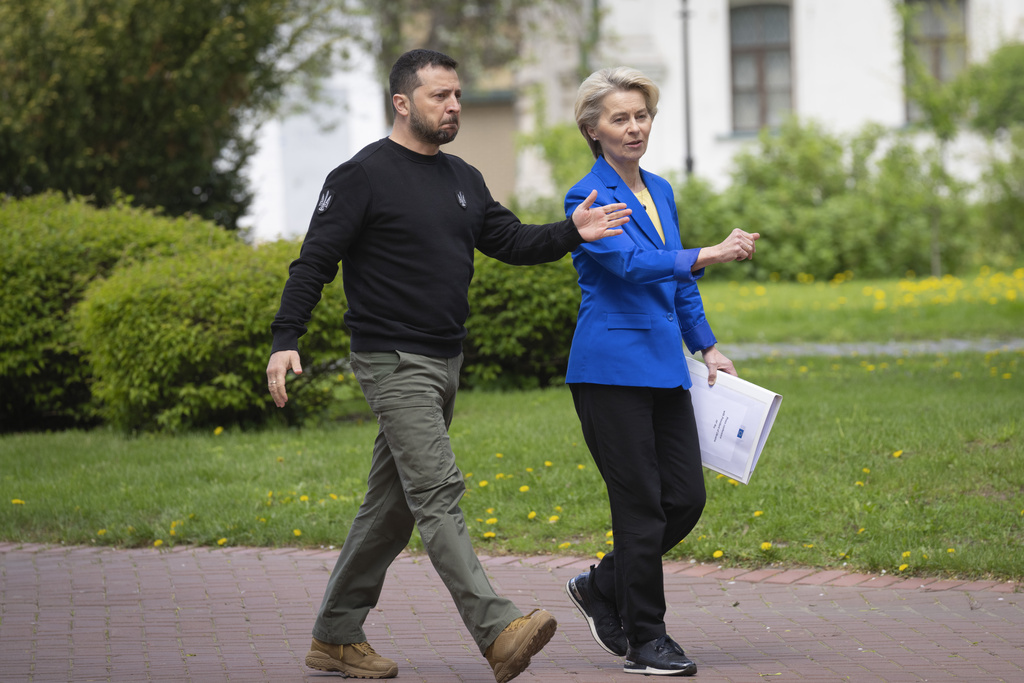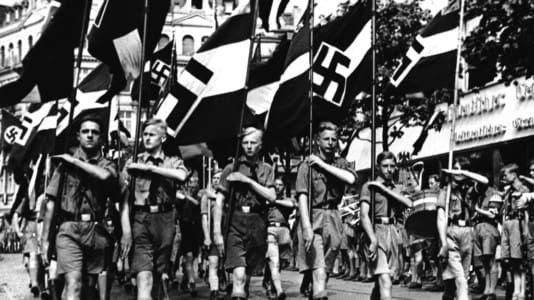It is difficult to retain sovereignty when one is totally dependent on one’s allies for survival. They assure us that Ukraine will decide itself how this war ends, but that is really an illusion. The final decision will be taken in Washington. This is why, rather than sovereignty, Ukrainian President Volodymyr Zelensky is defending the identity of the Ukrainian state at a time when its sovereignty is inevitably constrained.
This quest for the preservation of identity is evident when Ukraine fights against partition and demands ammunition. The quest for NATO membership is also a part of this, even though Kyiv stands alone on this key security matter. It is that fighting spirit to preserve Ukraine’s identity that has made Zelensky so popular abroad and at home.
This is also why Kyiv is defending Ukrainian institutions from being taken over by Western experts and advisers. This is best illustrated by the dispute over the Ukrainian Constitutional Court. The West is attempting to take advantage of the war and have that institution taken over by foreign lawyers. The Venice Committee is leading on this plan with the demand that a group of experts should select candidates for justices who are to sit in that court, and that four out of seven justices be from outside Ukraine. Kyiv was willing to compromise on a three-three split, but does not wish the Venice Committee to have a foreign majority.
President Zelensky’s team is against this move, as the new constitutional court is to be a major player in Ukraine. One issue it will have to resolve is how and when to conduct the parliamentary and presidential elections, since the terms of office of both are ending, yet the constitution does not allow elections to take place in a state of war.
The court will also have to rule whether these elections can be held at the same time, even when the constitution seeks to keep them separate to prevent an over-concentration of power. The court may also end up having to rule on matters of war, peace, and the territorial integrity of Ukraine.
The debate about the constitutional court is therefore one in which the stakes are very high. No surprise therefore that the EU’s judicial lobby wants to take control of the court. If this happens, Ukraine will in effect be reduced to the status of a protectorate, a territory under the mandate of international bodies. A state which cannot govern itself and requires outside assistance when it comes to the selection of those who run its key public institutions.
It looks like President Zelensky is conscious of the long-term implications of the decision he is currently taking under the pressure of war and the need for weapon deliveries. This is why he is trying to preserve Ukraine’s right to self-determination. The Ukrainian parliament is currently debating the government’s legislative proposal to have all nominations accepted by a minimum of five members of the advisory committee of experts.
However, as a result, Kyiv is facing accusations that it is trying to introduce authoritarianism, protecting corrupt officials, and breaking the principle of the rule of law. Critics argue that in such circumstances, it may not be possible to begin EU accession talks.
It is difficult to keep hold of a state when you have a mortal enemy bombing you on the one hand, and on the other, you have allies upon whom your existence depends taking advantage of the situation in order to take over your institutions under the pretext of promoting reform.





